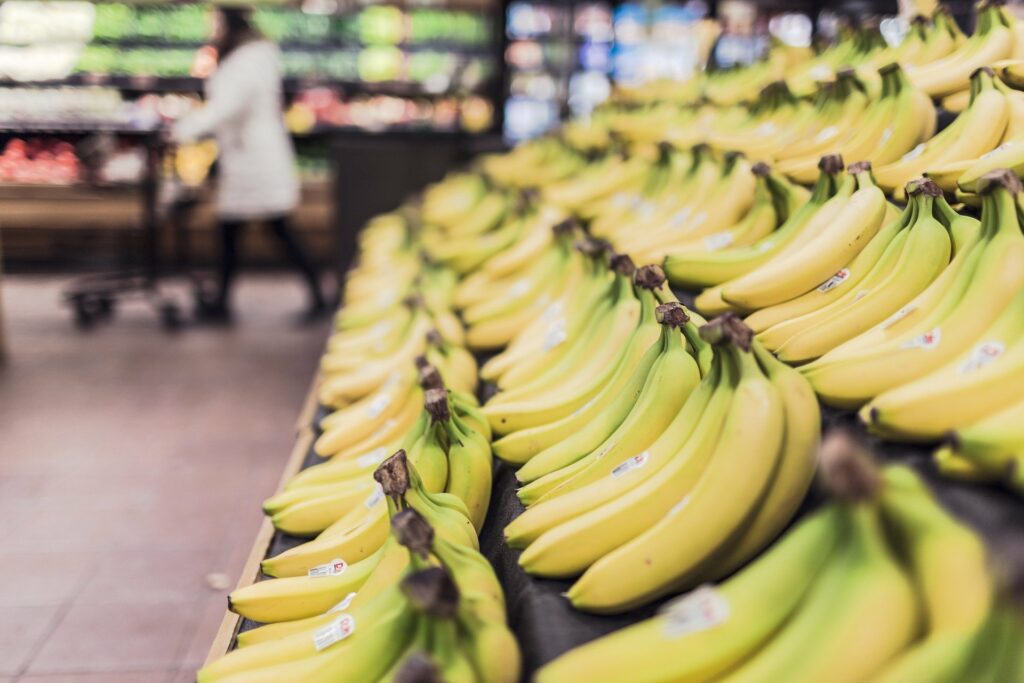The past year has had a dramatic impact on just about every area of our lives, and while most of it hasn’t exactly been for the better, there’s no denying that we’ve all learned a lot from the experience. With little option but to live simpler lives, one thing that has benefitted from the ongoing lockdowns is the environment – with fewer people polluting the planet through their daily commutes and a new-found appreciation for the natural environment putting a greater emphasis on more sustainable ways of life.
For many, it has served as a pertinent reminder of the importance of taking care of the world we live in, and with luxury brands and travel companies taking steps in recent years to improve their sustainability credentials in a bid to retain an ever-more conscious customer base, this could be the year we see them begin to take this to the next level.
We, as consumers, are also paying closer attention to our habits as a result, and making small changes to our lifestyles in a bid to do that little bit better. If you’re looking to live more sustainably this year without compromising on luxury, then we’ve got you covered. We asked the experts at Partage – creators of the sustainable living calculator, which allows individuals to find out their personal sustainability score – to share some easy ways you can go about it.
Make sure you know what you are buying

Knowing what you’re buying is vitally important when it comes to reducing your carbon footprint, and it’s essential not to simply take everything at face value. While many high-end brands may purport to be environmentally friendly, there are many elements of the supply chain to consider in order to determine whether this is actually the case.
Green washing has become increasingly prevalent in recent years, but just because a garment is made from a recyclable material doesn’t mean it was ethically sourced or manufactured. Plus, if it was made on the other side of the world then you could perhaps make a better choice by choosing to support a more local luxury brand instead.
From the conditions of workers to the practices used to farm crops, the truth can actually be a lot more complex than is immediately obvious, so be sure to do your homework before making any purchases if you want to remain mindful of your environmental impact by dressing sustainably.
CSR Hub is a great resource to tap into, and will allow you to search for a company in order to find out its sustainability rating before becoming a customer.
Reuse and repair items

For the luxury lover, the idea of ‘making do and mending’ might take some getting used to, but if you can’t bear the thought of rummaging in charity shops for pre-loved garments then worry not, there are plenty of other ways to do your bit.
Search online for designer vintage stores to find iconic pieces from times gone by, and do the same when searching for accessories such as watches and sunglasses. Items like these – particularly if limited editions – can actually increase substantially in value over time, so not only can you keep your environmental impact to a minimum by purchasing a pre-loved Rolex or pair of Ray Bans, but you could be making a great investment for the future, too.
When searching for furniture, take the time to check out local antique stores for some luxurious finds. It’s a great way to find one-off pieces that nobody else has in their home, and again, these can gather substantial value over the years, making for unique and beautiful purchases that will impress your house guests and can be passed down through the generations as family heirlooms.
Items like these are worth repairing rather than replacing – and with the damaging impact of fast fashion on the environment becoming more and more well known, now is a great time to prioritise quality over quantity and pay more for luxury items that will last a lifetime.
If you’re looking to dispose of an item, then be mindful of the fact that someone else might find it useful. The items we throw away can often be difficult to recycle and add to the pollution of our environment, so see if you can re-gift them or donate them to charity instead. As the saying goes, one man’s trash is another man’s treasure, and you never know who might be in need.
Use less energy

One area we’ve likely all failed in over the past year is using less energy in our homes. Thanks to ongoing lockdowns and little to fill our time other than logging onto our laptops or turning on the TV, many of us have been using more electricity than ever. Add to that the additional meals cooked at home and the additional use of our central heating systems to keep warm through the winter months, and our bills are likely higher than ever.
But if there is one thing this whole scenario has taught us, it’s to appreciate nature and the world we live in, and switching off to spend more time outdoors this summer is a great way to cut your carbon footprint quickly. Making the most of the good weather won’t just limit your impact but will also work wonders for your wellbeing, so instead of turning on Netflix this evening, why not head out for a walk or a picnic instead?
You could save up to 30% of your energy bill on average by turning off household appliances when not in use, and even more if you cut your usage time down dramatically.
Avoid food waste

Both producers and consumers waste a considerable amount of food each year, amounting to a whopping 6.7 tonnes in the UK alone. At a cost of £10.2 billion, we’re not just wasting food, but wasting money, too – but the good news is that it’s easy to make better use of your food.
Shop locally to minimise your carbon footprint, and head to local independent stores such as bakers, butchers and greengrocers to source your ingredients every few days. Not only will you be eating the freshest and highest quality foods, but you’ll cut down on your wastage by ensuring you use everything before it goes out of date. You can also shop by using the app TooGoodToGo – which will allow you to help shops cut down on their food waste, too.
Cook stir-fries when vegetables are about to go off, and freeze your meat if you are not sure you will eat it before the expiration date. A few small changes like these can make all the difference.






















